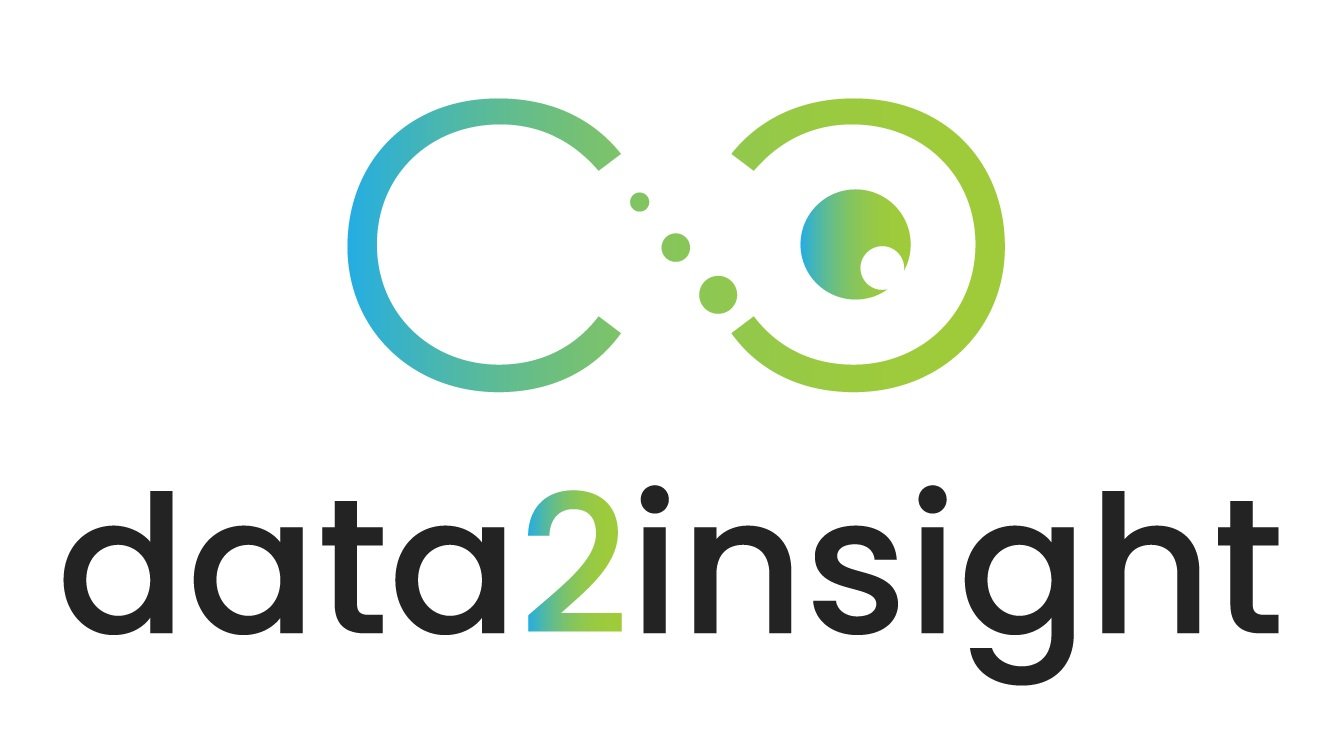Evaluators as True Partners in Dismantling White Supremacy and Creating a More Equitable and Just Society
We will share a few ideas for how evaluators can be equitable and culturally responsive in their approaches, and one example of how these practices are used in our work.
Hi everyone! We are Cynthia Roberts, Empowerment Evaluator with the Rhode Island Coalition Against Domestic Violence, Veronica Smith, lead executive and equitable scientist at data2insight, Martina Todaro, associate in Research-Evaluation-Learning at the Robert Wood Johnson Foundation.
AEA principles D and E describe features of practicing equity in evaluation and being a culturally humble and responsive evaluator.
Similarly, the Equitable Evaluation Initiative and the Center for Culturally Responsive Evaluation and Assessment invite evaluators and researchers to take a culturally responsive and equity-minded stance in their theory and practice, with a focus on: 1) reflecting the diverse values and perspectives of key stakeholders, 2) unveiling historic disadvantage and existing structural inequalities, 3) mitigating bias and potential power imbalances that can occur as a result of the evaluation’s context, and 4) self-assessing one’s own privilege and positioning within that context.
Community agreements and cultural norms can be useful facilitation tools to put these principles into practice. For example:
Rad Resource 1: Norms for Courageous Conversations workshop can be used to teach people attitudes and behaviors that are supportive of meaningful conversations about racism, sexism, white supremacy, bias, and other complex topics.
Rad Resource 2: Anti-Oppressive Resource & Training Alliance (AORTA) guidelines for anti-oppression facilitation include community agreements that can be useful for creating multicultural and anti-racist learning communities.
Hot Tip 1: Be intentional about the community norms you use and do not use. For example, AORTA described two community agreements they don’t tend to use: 1) assume best intentions and 2) default to trust.
Hot Tip 2: Consider characterizing the space you are creating and holding together as brave space. Brave space is one where people feel safe enough to take risks and speak their truth.
Here is Cynthia’s experience:
I was teaching participatory qualitative coding to an LGBTQ+ focused community group that operates with a racial equity focus. They had little experience with coding and I had little experience teaching this on an online platform to community-based folks. I leaned into my own ‘not knowing’, and co-facilitated with a community partner who had a growing capacity in coding. The level of vulnerability and the practicing of trust created a context in which participants felt compassion for the focus group subjects and a connection to the text we were coding. Together we embraced new learning in which participants expressed simultaneously feeling discomfort, connection, and excitement. By actively noting the element of white supremacy culture that tells us ‘progress is more,’ we embraced that sometimes, ‘progress is less.’
Practicing evaluation in ways that are anti-racist and culturally responsive requires an orientation toward ongoing humble collaboration and reflexivity, as one never ‘arrives.’ This work is a practiced disposition that evolves over time and embraces the discomfort of decentering one’s status as an expert.
Please share norms or agreements you use in your practice!
Read more here.

